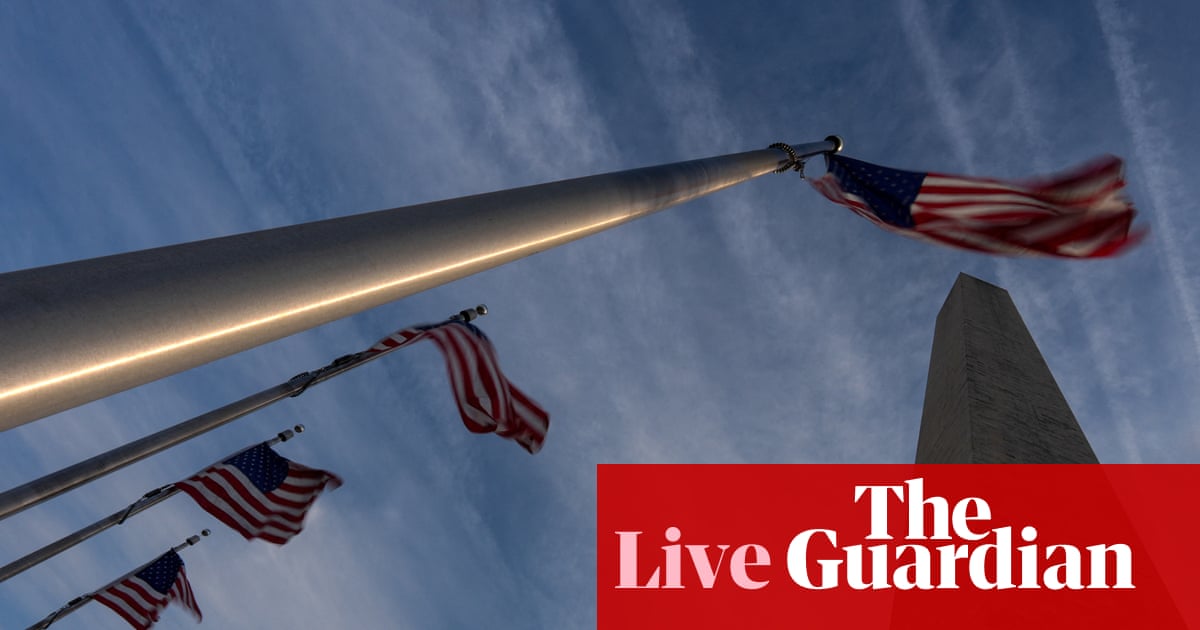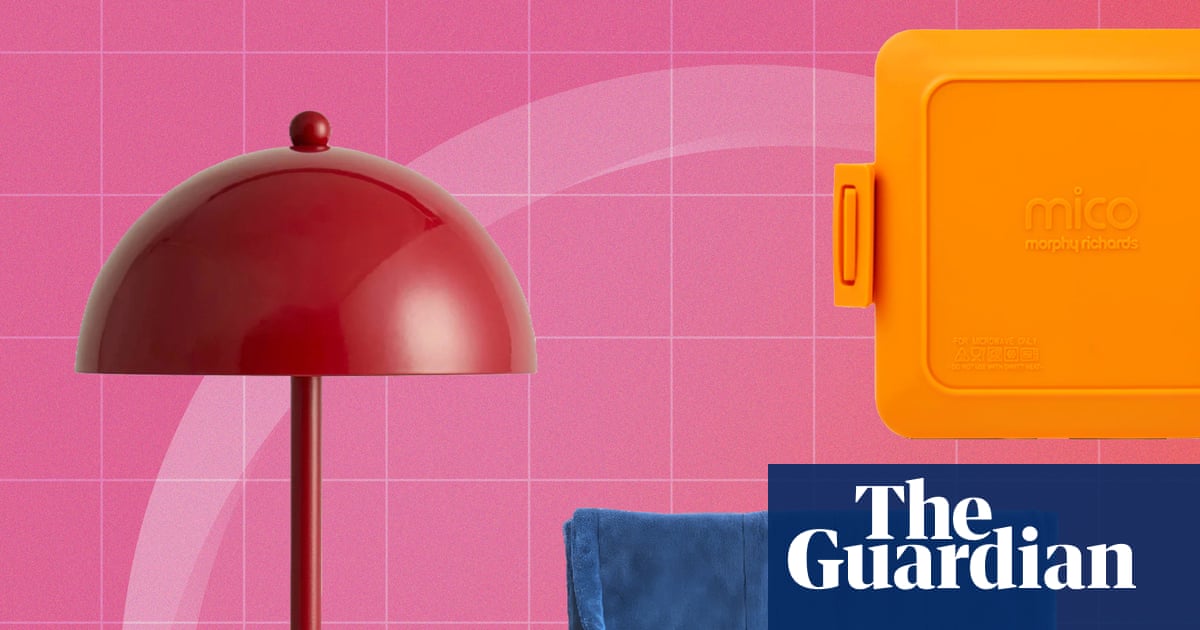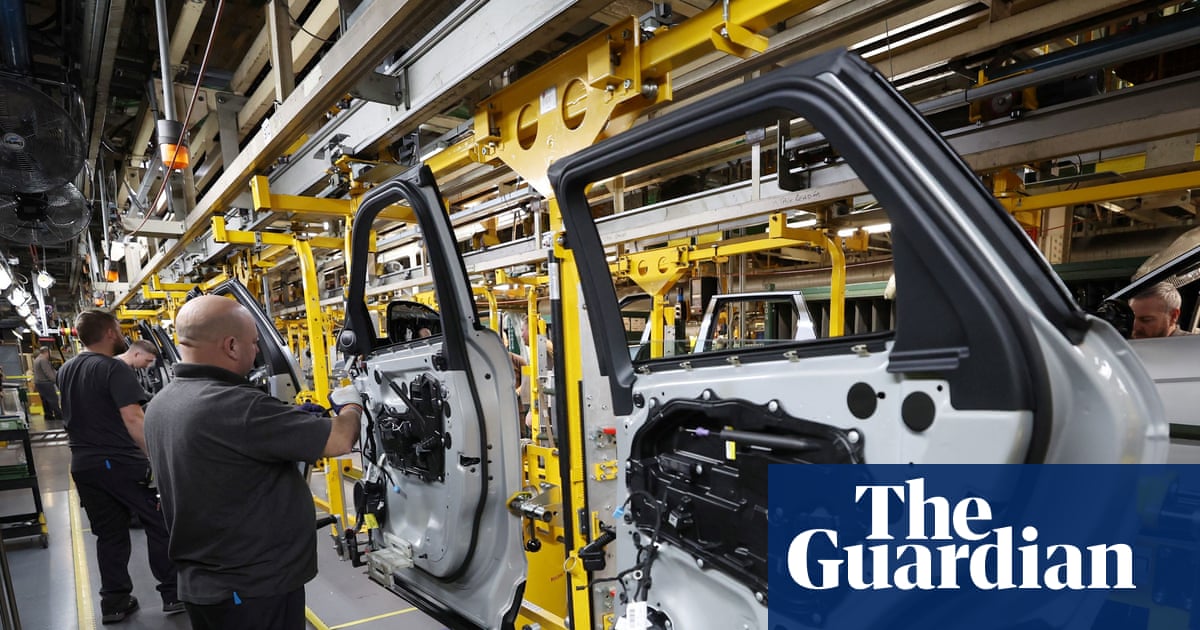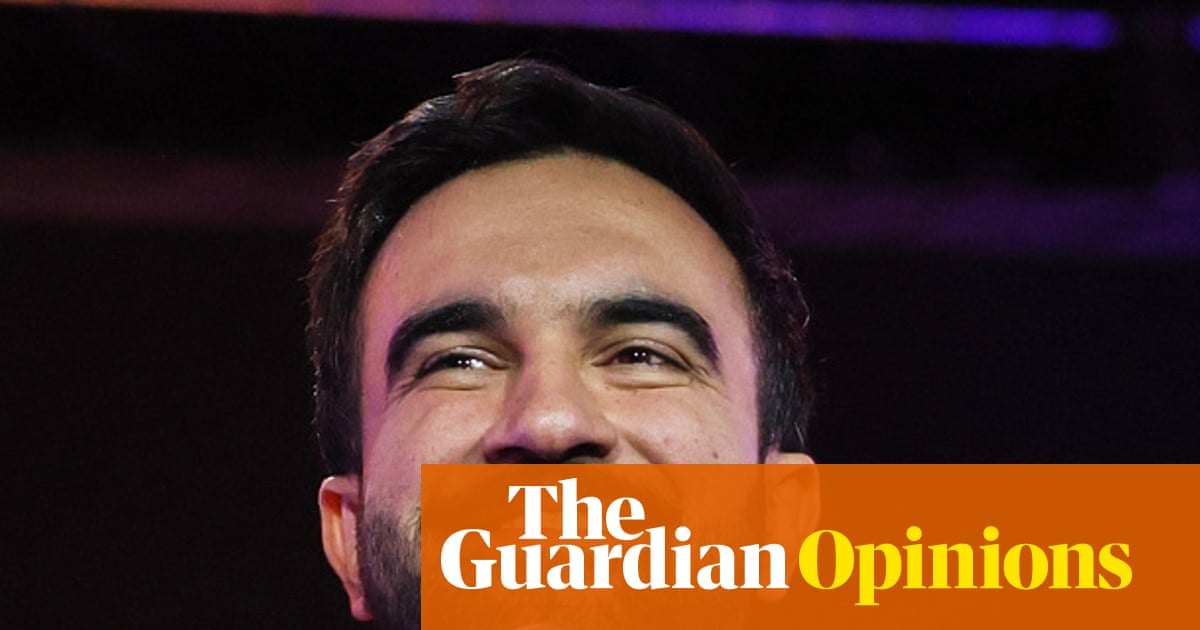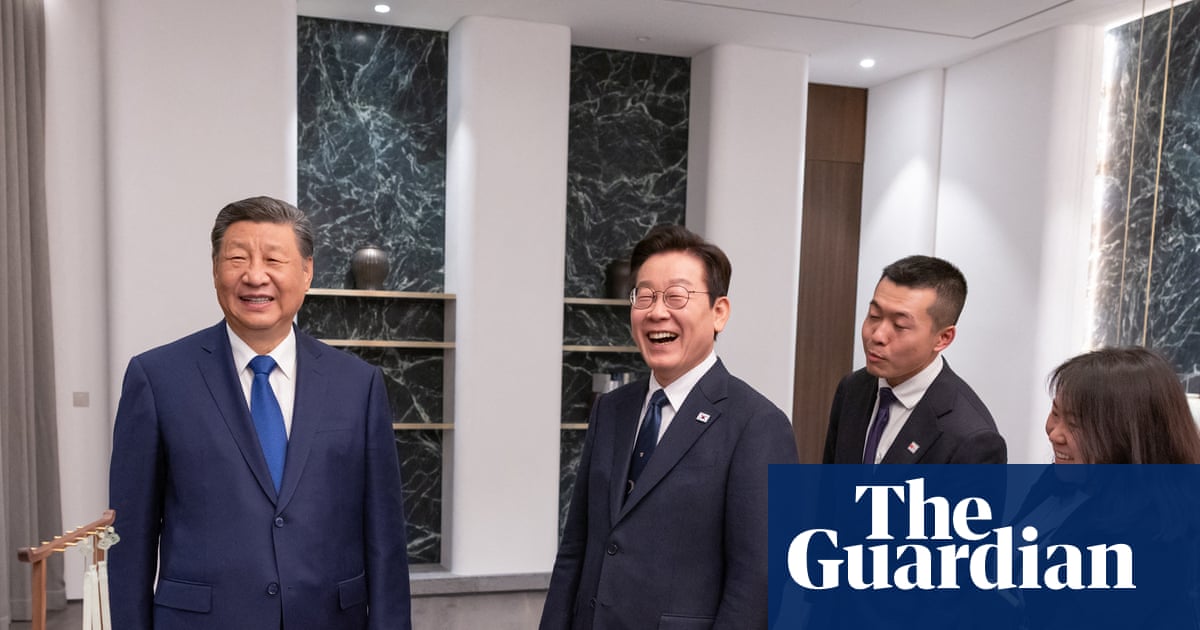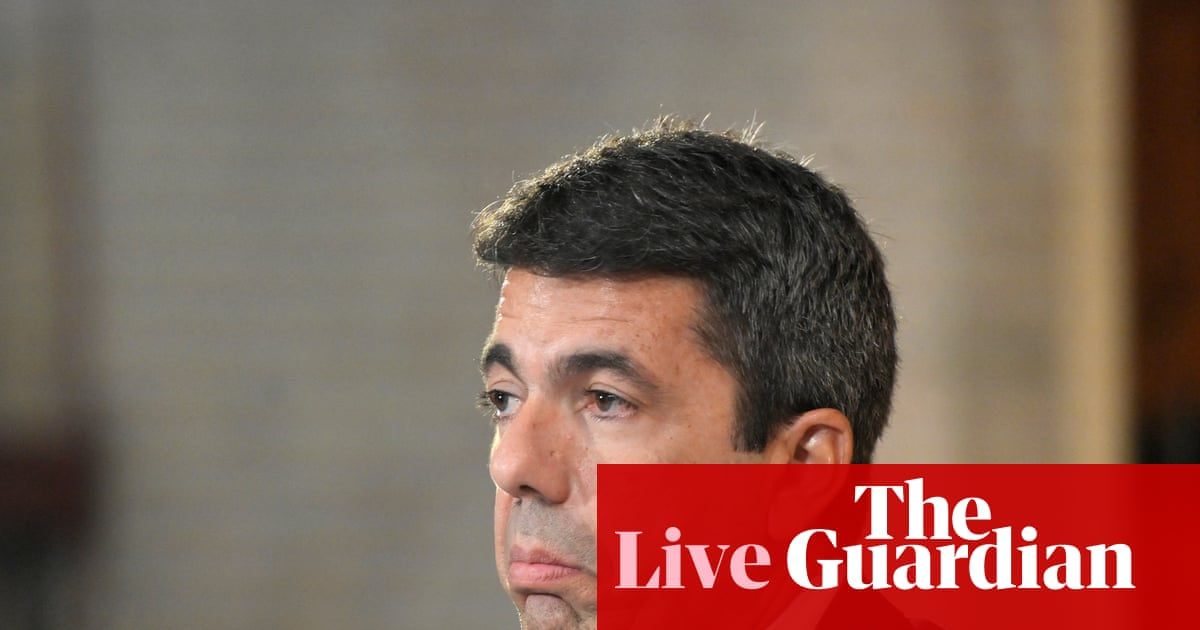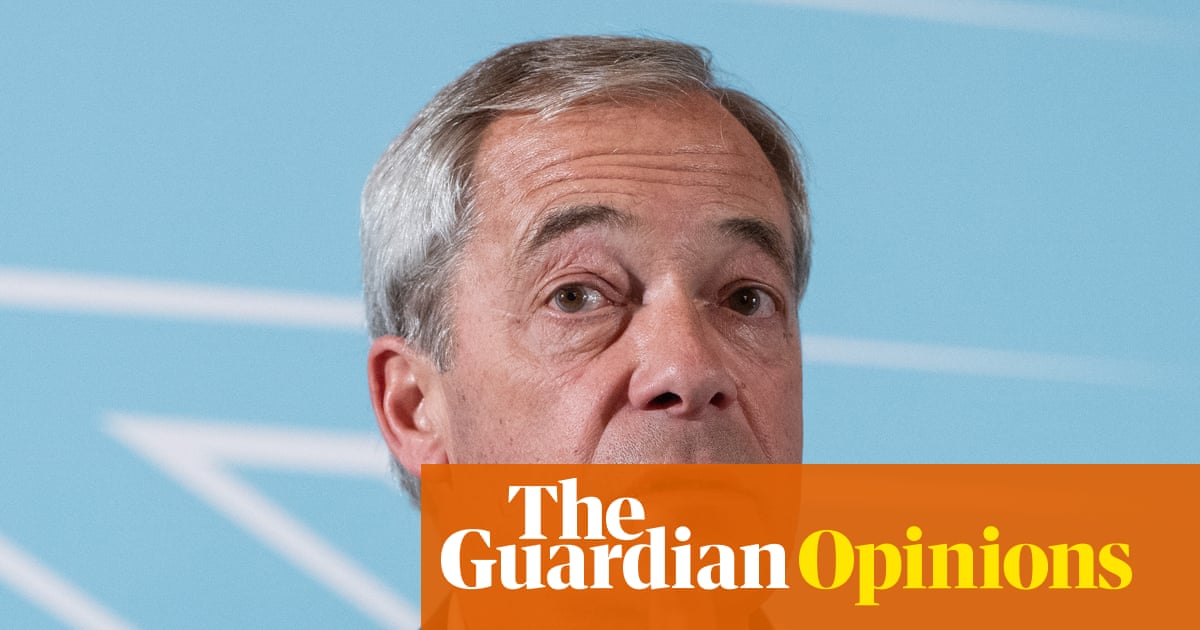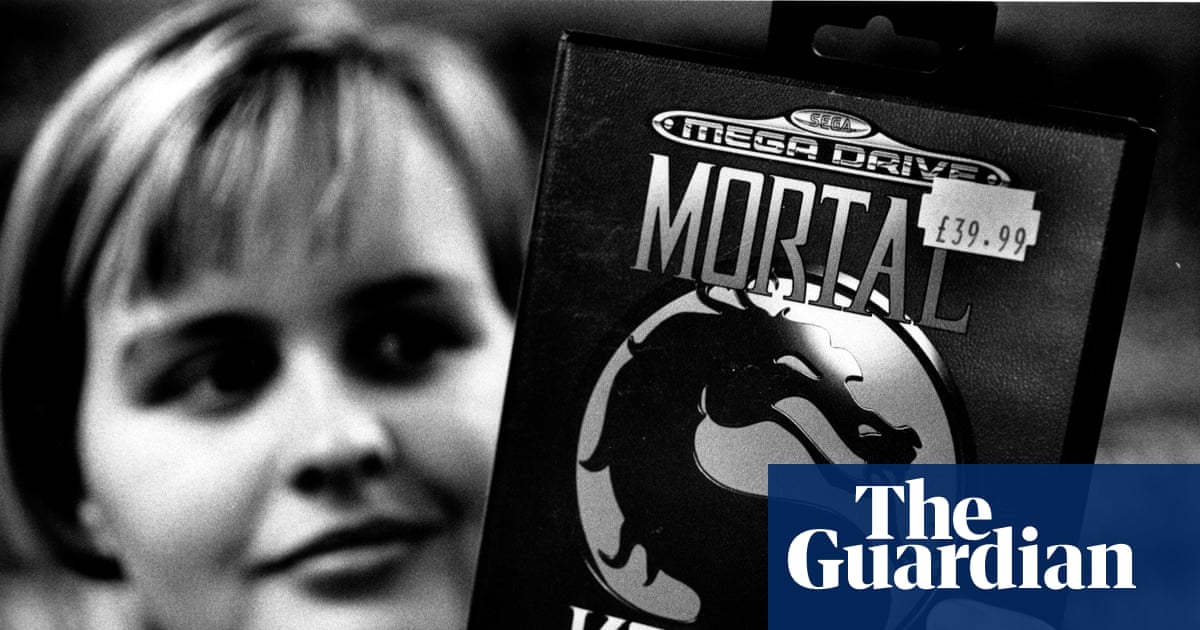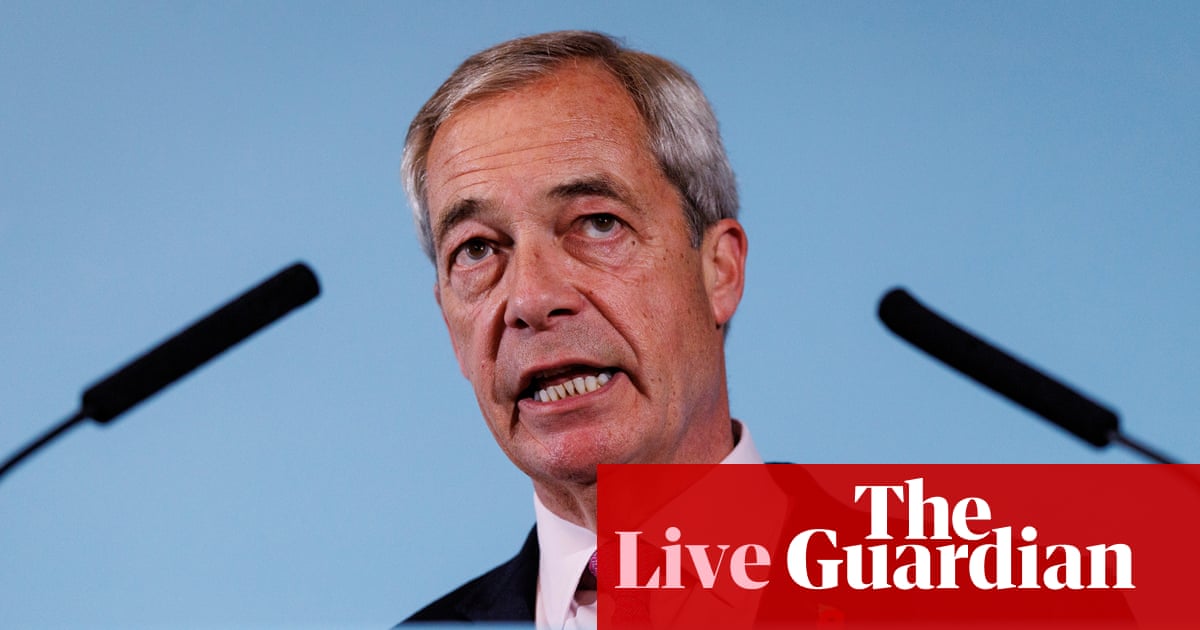Has any visiting leader ever seen so little of Britain or the British as Donald Trump is doing this week? The absurdly unrepresentative version of the country offered up to the US president on his second state visit on Wednesday was a Windsor parody, a Potemkin version of this country, glistening with protocol and polish, amid a lavish reenactment of the British monarchy’s invented traditions. Just about the only thing that was authentic was the rain.
But here’s the unalterable and underlying thing. None of that really matters. What matters is that Trump is the most powerful leader in the world. Despite all the Trumpian shocks, the US and Britain remain allies. Business can and should be done between them. So the opportunity for face-time with Trump, in circumstances designed to soften him up with flattery and engage him over this country’s own priorities, is to be seized. Not to do this would be perverse.
No, it is not ideal. The era of shared values is ebbing fast. Keir Starmer did not need to play the state visit card so soon or so generously. He should have made Trump wait for the invitation, extracting a higher price for it, and offering hints that it might be offered in return for the right deal. But Starmer is not alone in struggling to read a president who is both unserious and utterly serious at the same time. All nations are still trying to work out how to respond.
The justification for inviting him for a second state visit is thus pure raison d’état – a reward for bad behaviour that is nevertheless in the British national interest. This may not be personally agreeable to some of those taking part, or to millions of others at home or on the streets. It may even not be very moral. Many – perhaps from the king downwards – will bite their tongues over these two distasteful days. All the same, it is necessary work.
It is also even more necessary in Trump’s second term than it was in the first. Trump’s victory in 2024 was more emphatic than in 2016 and his preparation for his White House return was far more thorough. From day one, his agenda, at home and abroad, has been more radical, more audacious, and in many respects is also proving more successful. Let others denounce this. Governments must engage or fall beneath his wheel.
Three things will matter in particular when Trump meets Starmer on Thursday for the political half of the visit: trade, the Middle East and Ukraine. Views will differ on the top priority. The major technological investment that Peter Mandelson nurtured in his months as ambassador in Washington seems already locked in, a material legacy of a job done well, if briefly. On the Middle East, meanwhile, the immediate goal must be to prevent Trump exploding when Britain and others recognise Palestine next week.
So raison d’état says that pressure on Trump over Ukraine needs to come first. Russia’s threat to Europe is existential. Long term, the solution to that is in Europe’s own hands. The idea that the US should continue to be primarily responsible for Europe’s security 80 years after the second world war is now barely credible. But Starmer still needs to do whatever he can to press Trump to arm Ukraine more now. If nothing else, the prime minister should stress the shocking inconsistency between the administration’s tough sanctions on China and India for buying Russian gas while not going after Russia itself on the battlefield.
Many will recoil from the engagement with Trump. Those of us who are not government ministers or diplomats have the luxury of being able to do so. That’s not an option for Starmer. Since it is in the national interest to try to influence Trump, it is part of Starmer’s duty to try. He clearly accepts that it is part of his job. He is right. If Starmer visits China in the coming weeks, he will be right about that part of it, too.
There are, of course, multiple reasons why Trump’s state visit can and should be criticised. The principal reason is that Trump is doing harm – a lot of it. So his visit is not an occasion for celebration but for damage limitation. That is the unspoken reason why it is taking place behind steel walls and closed doors. But that does not invalidate it. A realist might even say it makes the visit more necessary rather than less.
after newsletter promotion
The tightly controlled programme and the brevity of Trump’s stay are a recognition of the obvious risks and possible provocations. A decade ago, China’s paramount leader, Xi Jinping, was granted the full gilded coach treatment along the Mall – not to mention a trip to Manchester as well. Back in 1978, even the Romanian dictator Nicolae Ceaușescu, a man with blood on his hands, rode through London with the royals in an open-topped coach. No such treatment for Trump this time.
It may all go off the rails, perhaps at Thursday’s Chequers press conference, where journalists will try their best to provoke Trump. Even if that does happen, though, the visit will still have been worthwhile. At best, it may produce the trade and tech agreements worked on by Mandelson, and perhaps help generate greater US robustness towards Russia and Israel. Even at worst, it will be another reminder to Britain and its more dependable allies that a new version of the international economic and security order is still salvageable from the damage being done by Trump. The important thing is to keep options open, not to close them off.
-
Martin Kettle is a Guardian columnist

.png) 1 month ago
37
1 month ago
37
